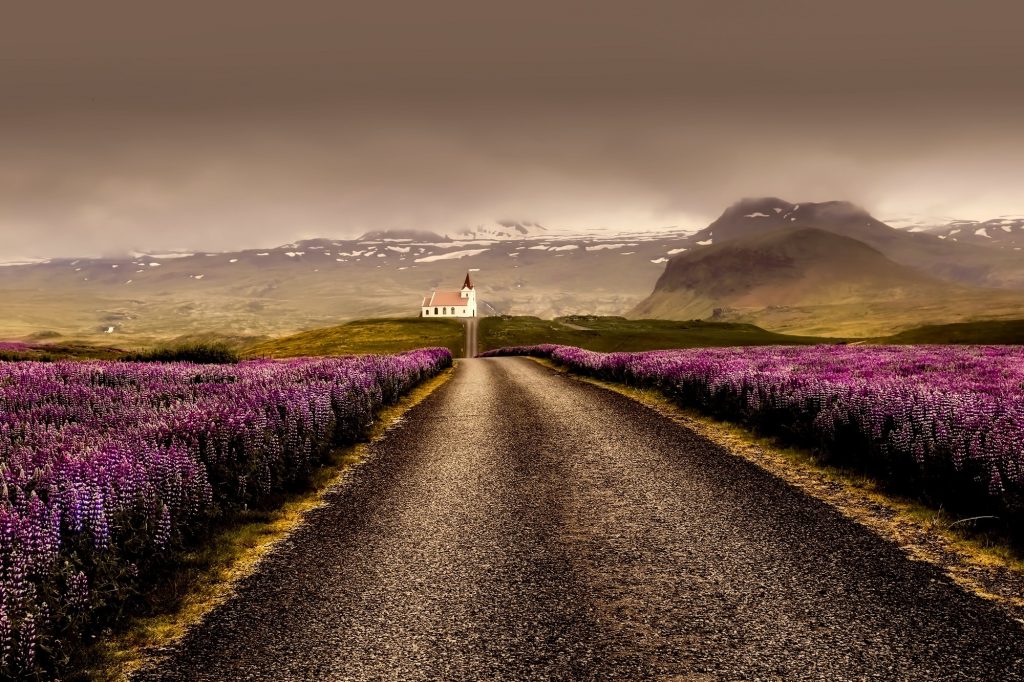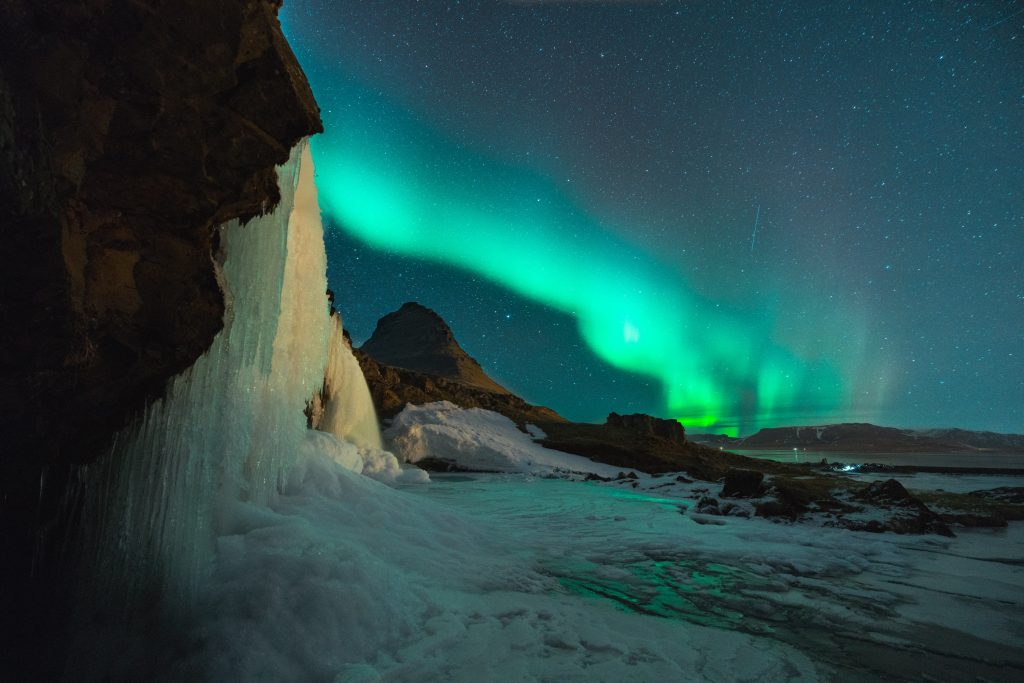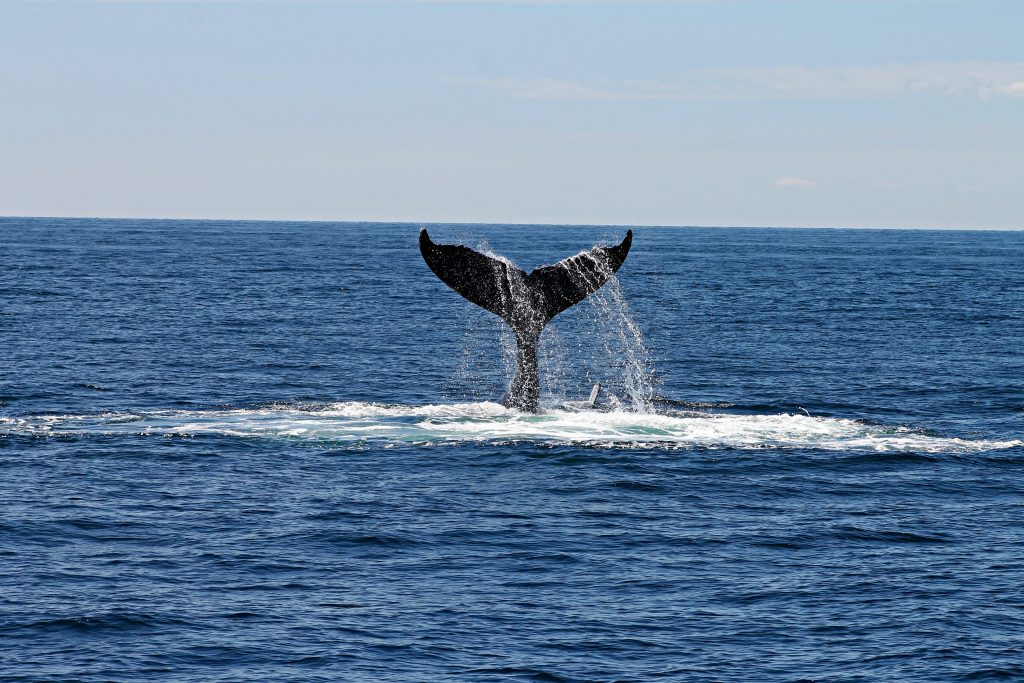Our Guide to Visiting Iceland
Located in the northernmost reaches of Europe and skirting the edge of the Arctic Circle, Iceland doesn’t sound like your typical holiday destination. However, this stunningly beautiful country, which boasts glacial landscapes, boiling geysers, expansive fjords and, of course, the northern lights, is becoming increasingly popular with travellers young and old. Here’s a guide to help you navigate your way around the island.
Getting there
Flights to Iceland are available from most of the UK’s major airports, including Heathrow, Gatwick, Glasgow, Birmingham and Manchester through Icelandair. Flight time to the island is around three hours.
Getting around
The vast majority of Iceland’s 350,000 population live on the country’s coastline, so the best way to travel from place to place is to hire a car and take to the ring road. This route loops around the island and connects all the major settlements, including capital Reykjavik, as well as a number of natural hotspots. Bear in mind that, if you want to travel further inland to Iceland’s virtually deserted interior, where the roads are gravel, rather than paved, you’ll need a four-wheel drive. Roads like this are marked with an ‘F’.

When to visit
The best time to take a holiday to Iceland is in the summer months, from June to August. Temperatures on the island tend to be in the high teens at this time of year, with long days and light nights a notable feature due to the country’s proximity to the North Pole. If you’re wanting to catch a glimpse of the awesome northern lights, you’ll have to take a trip between September and March and hope that Iceland’s notorious winter weather is kind to you.
What to do
The northern lights
Want to see the northern lights? Iceland offers probably the finest vantage point. The best place to see the northern lights is in the north of the country, away from major population centres where light pollution can interfere.

Reykjavik
Iceland’s capital and home to the majority of the population, Reykjavik tends to be the first port of call for tourists. There’s plenty to do here; from a visit to one of the city’s many cultural institutions, such as the concert hall or art museum, to a leisurely stroll between the colourful corrugated-iron dwellings on Vesturgata. The city, which is one of the world’s cleanest and greenest, also boasts its fair share of bars and eateries.
Whale watching
One of the main Iceland tourist attractions are whale watching trips, which run in summer, mainly from Húsavík in the north. The stunning bay in the town is frequented by several species of whale, including humpback, minke, blue and killer. Look out for responsible and registered tour operators and avoid those who guarantee sightings or promise to get close to these majestic creatures.

Vatnajökull
This is one of the largest glaciers in the world and covers almost 10% of Iceland’s surface. It covers several active volcanos and has also been used as a shooting location for popular TV series Game of Thrones. You can visit Vatnajökull national park – also a great spot for seal watching – from a number of locations on the island’s ring road.
Food and drink
No Iceland travel guide would be complete without mentioning food and drink. Fish is the most popular thing to eat here, with cod, salmon, haddock and herring almost ubiquitous throughout the country’s restaurants. Try salt cod or þorramatur, a cured meat and fish buffer served in midwinter. For a long time, alcohol was prohibited in Iceland, but since the ban has been lifted, the industry has flourished. Try a beer from Einstök or brennivin, a drink like schnapps which is served chilled.

